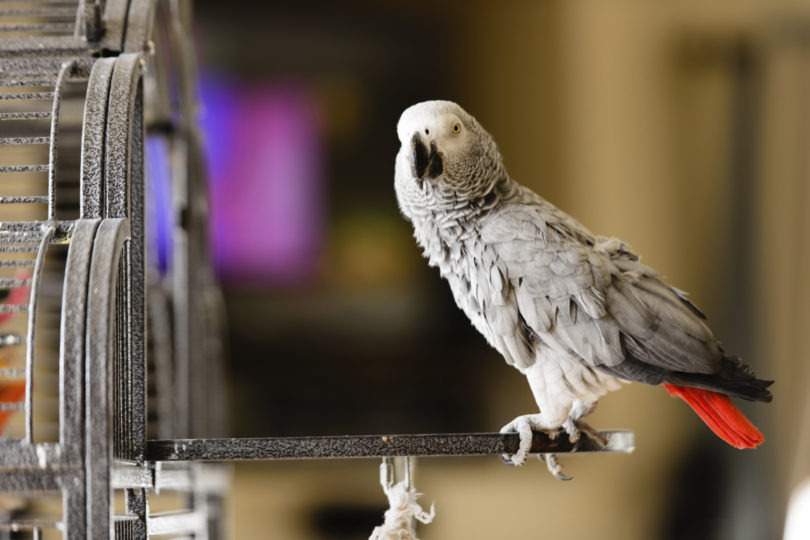Parrots are popular pet birds because they are gorgeous and intelligent, and their appealing smoothing and noisy verbal chirping appeal to many people. Nevertheless, there are various factors to consider before purchasing a parrot. Parrots come in multiple sizes, volumes, and personalities, and some breeds can be complex and costly to care for. By doing some investigation, you can select the proper parrot for you.
Exploring Parrot Breeds
Take a look at your background knowledge of parrots. Some varieties are more challenging to care for and should only be attempted by knowledgeable bird keepers. Introductory parrots include gerbils and parakeets, while experienced parrot keepers prefer birds, online stores, and hummingbirds. Whether you’re merely curious about parrots but don’t want to get one, try caring for one at a humane society before buying one because they can survive for 60 years or more.
Prepare for the parrot’s size. It would be best to think about how safe you are around giant parrots; specific individuals are afraid of conures (that might grow to be 2 feet long), whereas others manage any macaw that can exceed three feet.
Try handling parrots of varying types at a bird shop or shelter to see how comfortable you can be with them. A budgie or parakeet could be a better fit if you’re seeking less variety. Giant parrots can also cause more disruptions; if you live in a small apartment, a massive Budgie is unlikely to please your neighbors — or your landlords.
Consider how a large bird will affect your life: will your roommates or partner be okay with you having a loud, guarding bird? Make sure your account for a parrot’s longevity. Giant parrots live significantly longer than tiny parrots, but there are big parrots. Little parrots are ideal for inexperienced parrot keepers, while large parrots are preferable for experienced parrot keepers.
Birds and hummingbirds can survive for eighty years, while online stores can survive for up to fifty years. Budgies have an expected duration of eight years, while budgies have a lifetime ranging from 12 to 18 years.
Choose whether you want a bird that sings a lot or not at all. Macaws’ voice capacity can be varied; many scream, whereas others squawk quietly. Birds that are tiny and calmer, including budgies or macaws, are better adapted to living in confined spaces.
Choosing a Parrot That Reflects Your Personality
Decide on how much time you can devote to a parrot. Giant parrots are far more friendly creatures and should only be considered if you’re willing to commit a substantial period to your bird (minimum 60 minutes per day).
A couple of parakeets or Macaws will be your best alternative if you want to observe your parrot and devote less effort to looking for it.
Do you or a close relative spend a significant amount of time at home, or is your family frequently on the go? A parrot is not an acceptable companion for someone required to perform a job and is rarely at home.

